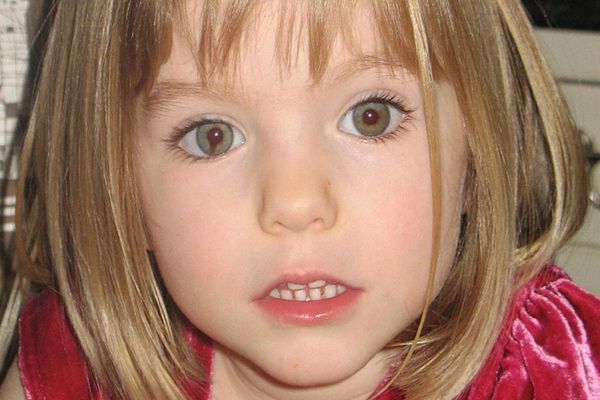
The Dublin opening night of a remarkable new cantata about the Irish civil war – Who’d Ever Think It Would Come to This? – has allowed the private thoughts and witness testimony of those who lived through the violence and upheaval to be heard aloud, after a century of silence, by an audience at the city’s O’Reilly Hall.
The libretto, which draws on contemporary diaries and letters, was written by the Observer journalist and acclaimed war correspondent Ed Vulliamy, who worked on the piece in collaboration with a University College Dublin archivist, Kate Manning.
Researching the conflict, Manning had hoped to set the university’s civil war material to music as a way to breathe new life into verbatim documents of the time. She was struck, she has said, with the varied voices that emerged. “They compete with each other. Some are confident, some struggle to be heard. Some speak with authority for the many, some argue against the consensus. These voices are a cacophony.”
Manning had read Vulliamy’s book, The War is Dead, Long Live the War, which emphasises the importance of commemoration to survivors of the war in Bosnia and the ongoing trauma caused by the pervasive absence of memorials and obstacles placed in the way of acts of commemoration. “I thought about commemoration as an act of solidarity,” said Manning.
The score, for orchestra, chorus and soloists, was written by Anne-Marie O’Farrell, and Vulliamy took the title of the cantata from Ernie O’Malley’s civil war memoir, The Singing Flame. It was a remark O’Malley had overheard from someone in a crowd watching captured rebels being marched through the streets of Dublin.
The joy of the project was the real-life testimony, and black humour, of those involved at the time, said Vulliamy. “It’s hilarious. It’s morbid. I never read it in any history book,” he commented. The letters and journals of paramilitary members, as well as officers and civilians, were all used to compile a vibrant picture of events.
The work was conducted by Ciarán Crilly and adapted for the stage by Kellie Hughes.







